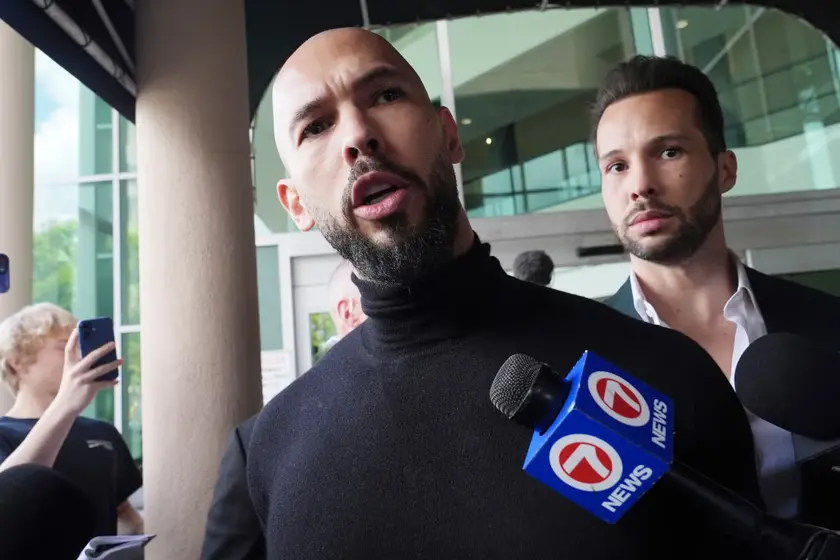T4K3.news
Asset seizure in Tate case
Authorities seize 180,000 pounds linked to Andrew Tate amid tax and money laundering allegations

A court-ordered asset seizure targets a 180,000 pound deposit linked to a high-profile figure amid allegations of tax evasion and money laundering.
Asset seizure against Andrew Tate tests proceeds of crime rules
Police obtained account freezing and forfeiture orders at Westminster Magistrates' Court for the 180,000 pound deposit linked to a Valhalla Aston Martin. The action adds to almost 2.7 million pounds of criminal assets seized from Andrew and Tristan Tate since December 2024. The money is said to have originated from a Coinbase cryptocurrency account and was laundered through bank accounts with no tax or VAT paid.
Detective Superintendent Jon Bancroft said the force would distribute the proceeds under the Proceeds of Crime Act to benefit communities and public services, with half going to the Treasury. The Tate brothers are also facing separate legal cases, including a civil trial in the High Court next summer over allegations of rape and sexual violence, and Romanian investigations into trafficking and money laundering.
Key Takeaways
"From the outset, we aimed to demonstrate that Andrew and Tristan Tate evaded their tax obligations and laundered money"
Statement by Detective Superintendent Jon Bancroft in court proceedings
"This latest judgement follows on from our applications... and the forfeiture of nearly £2.7 million of criminal funds"
Police account of prior court ruling and current action
"This further successful outcome shows how we will relentlessly pursue all criminal funds without fear or favour"
Bancroft on the persistence of enforcement actions
"The funds deposited with Aston Martin originally came from a Coinbase cryptocurrency account"
Sarah Clarke KC’s court submission on fund origin
The case highlights how asset forfeiture operates in the UK when tracing money that moves through modern financial channels, including crypto accounts. It shows authorities relying on detailed court orders and documented links between funds and criminal activity before seizing assets. The high profile of Andrew Tate could influence public perception of asset forfeiture and the credibility of enforcement actions.
At stake is more than money. The distribution of seized funds to public services frames enforcement as a public good, yet critics may view it as a test of due process and transparency in high-profile cases. The evolving use of crypto legwork in prosecutions also signals the ongoing challenge for regulators to keep pace with new finance structures while protecting legitimate users.
Highlights
- Power and money should not shield crime from the law
- Criminal funds move through crypto and banks, but the law follows
- Asset seizures turn private gains into public services
- This case tests how far proceeds of crime rules can reach
Asset seizure prompts scrutiny of proceeds of crime rules
The case raises questions about due process, public transparency, and the handling of high-profile asset forfeitures. It also touches on crypto provenance and cross-jurisdictional cases, which can feed political and public reaction.
The case will continue to unfold as courts test how far financial enforcement can reach.
Enjoyed this? Let your friends know!
Related News

US raises Maduro arrest bounty to 50 million

Drug gang linked to £5m haul and £140m cocaine plot

Thomas Kavanagh ordered to repay £1 million or face longer prison term

Justice Department seizes $7.44 million from North Korean scam

Court rules in favor of trader challenging divorce settlement

West Tisbury Infant Contracts Rare Powassan Virus

Drake Bell divorce petition filed in Florida

Priscilla Presley faces 50 Million suit
